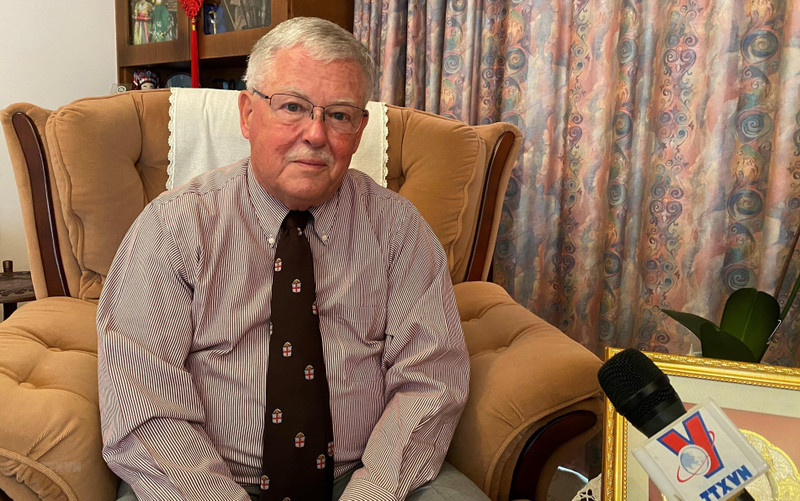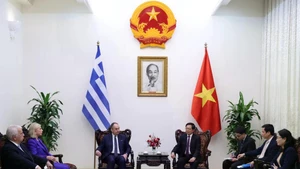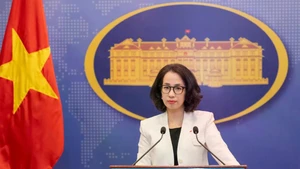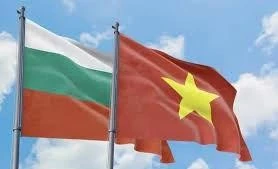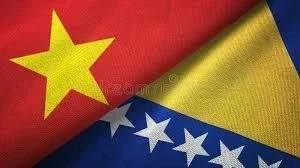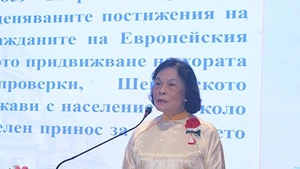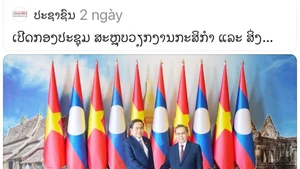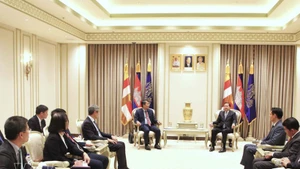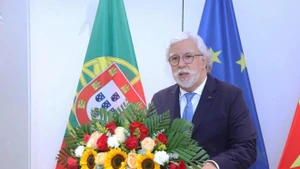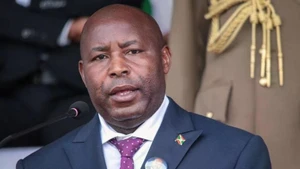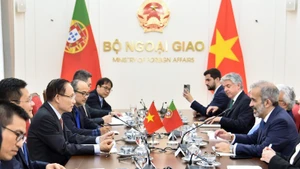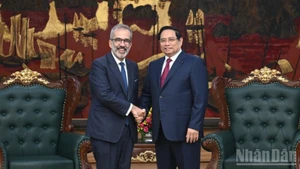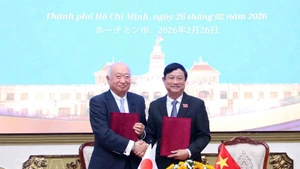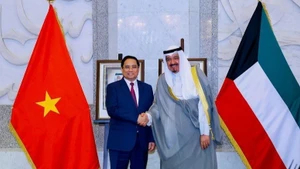He noted that this is the first by a senior leader of Vietnam to Australia after the two countries re-opened their doors after the COVID-19 pandemic, and also the first by Hue as the top legislator of Vietnam. He will have a meeting with the new Speaker of the Australian House of Representatives, he added.
The expert highlighted the sound relations between the parliaments of Vietnam and Australia, emphasising that in 2018 when the two countries lifted up their relationship to a strategic partnership, they set a goal to foster the political relations between the two parliaments and among legislators.
After the pandemic, the bilateral ties are entering a new development period, he held, adding that during the Vietnamese leader’s visit, the two sides can discuss and decide on cooperation in the strategic partnership framework.
Australian Prime Minister Anthony Albanese has shown his hope to upgrade the bilateral relations to a comprehensive strategic partnership. This may be realised in 2023 when the two countries celebrate the 50th anniversary of their diplomatic relations, he held.
Commenting on cooperation potential between the two countries, Prof. Thayer said that the action plan to implement the bilateral strategic partnership will end next year, which means a new plan for 2024 and beyond must be sketched out.
The two sides can draw out a new cooperation period for the next two or three years, with one of the focuses being further deepening the parliamentary relations and increasing visits among legislators, he said.
Prof. Thayer said that the agenda between the two countries should include seeking measures to effectively implement reached agreements.
Both Vietnam and Australia are members of the Regional Comprehensive Economic Partnership (RCEP) and the Comprehensive and Progressive Agreement for Trans-Pacific Partnership (CPTPP), which enables them to collaborate in many areas such as farm produce trading, he held, noting that the two countries are discussing the Indo-Pacific Economic Framework for Prosperity (IPEF) initiated by the US.
Legislators of the two sides will also share information and opinions regarding anti-corruption and law-building. Digital economy, energy transition, decarbonisation, education-training, public health, and climate change will also be among focuses of the bilateral relationship, he asserted.
The expert underlined that in the time to come, legislators of the two countries should work together to legalise their agreements, while seeking measures to deal with tough issues such as digital economy.
